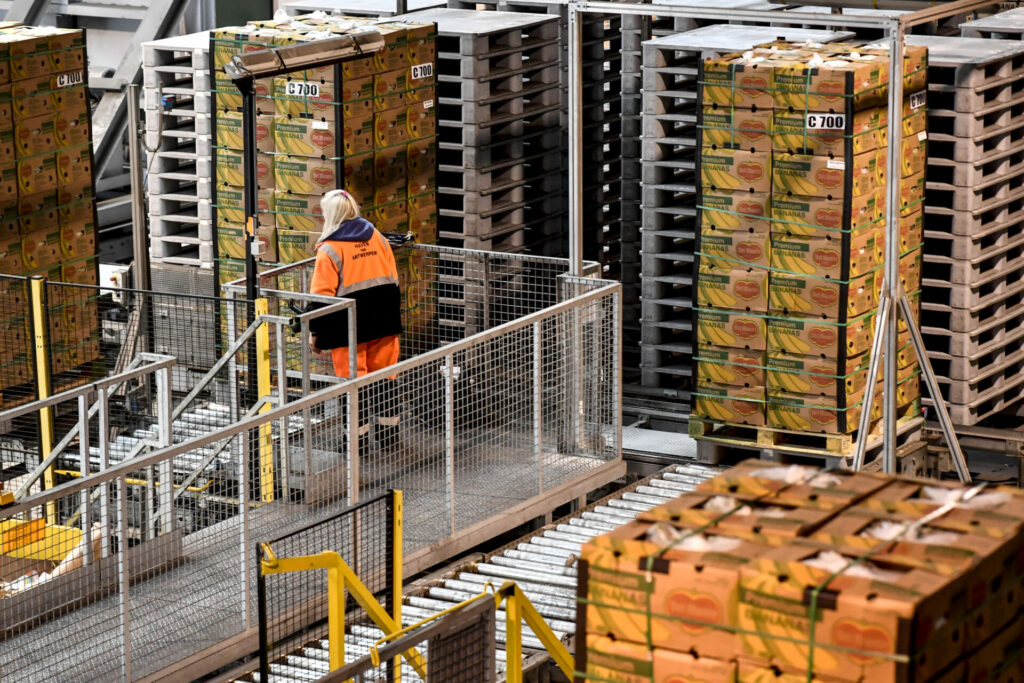The law on maritime safety, which regulates the security of Belgian ports, will likely be extended to inland navigation as there are fears that increased port security is leading to drug crime shifting to domestic shipping.
The Maritime Safety Act came into force in 2023 to make ports and ships in Belgium better equipped to tackle rising levels of drug trafficking. However, heightened security at the ports is resulting in organised gangs trying to extract goods deeper inland and this trend is expected to increase in the future.
According to Justice Minister Paul Van Tigchelt (Open Vld), there have already been findings of cocaine seizures in the barges. "Criminals seek the path of least resistance," he said. "We have to be proactive to make it impossible for drug criminals to start operating here."
Van Tigchelt therefore put forward a preliminary draft law approved by the Council of Ministers to expand the scope of the Maritime Safety Act to inland waterways, which transport these goods from the ports.
Tighter controls and heightened surveillance
This draft bill also tightens controls on who gets access to ports and port facilities to make it more difficult for drug smugglers and "other people with bad intentions" to infiltrate terminals.
The companies that provide necessary support to the maritime sector are also susceptible to infiltrations by criminal organisations. "These companies will also have to take measures, mainly to introduce tighter controls on access to premises and/or network and IT systems," Van Tigchelt noted. These include a solid fence and camera surveillance, fingerprint access controls and staff screening.
Together with Home Affairs Minister Annelies Verlinden (CD&V), an adjustment in camera legislation was also ensured so that port captains' offices should have more clout to secure their areas.
Related News
- Attack in Antwerp: Explosion in hallway destroys front door of flat
- New record: 116 tonnes of cocaine seized in Antwerp port last year
"By extending the rules to all companies operating in the port, deploying cameras and ensuring a stricter monitoring of port bans, we are closing these loopholes," Van Tigchelt concluded.
The draft bill is now with the Council of State and it will then be discussed in the Mobility Committee of the Federal Parliament. Van Tigchelt is confident that the legislation will come into force before the end of this legislature.

